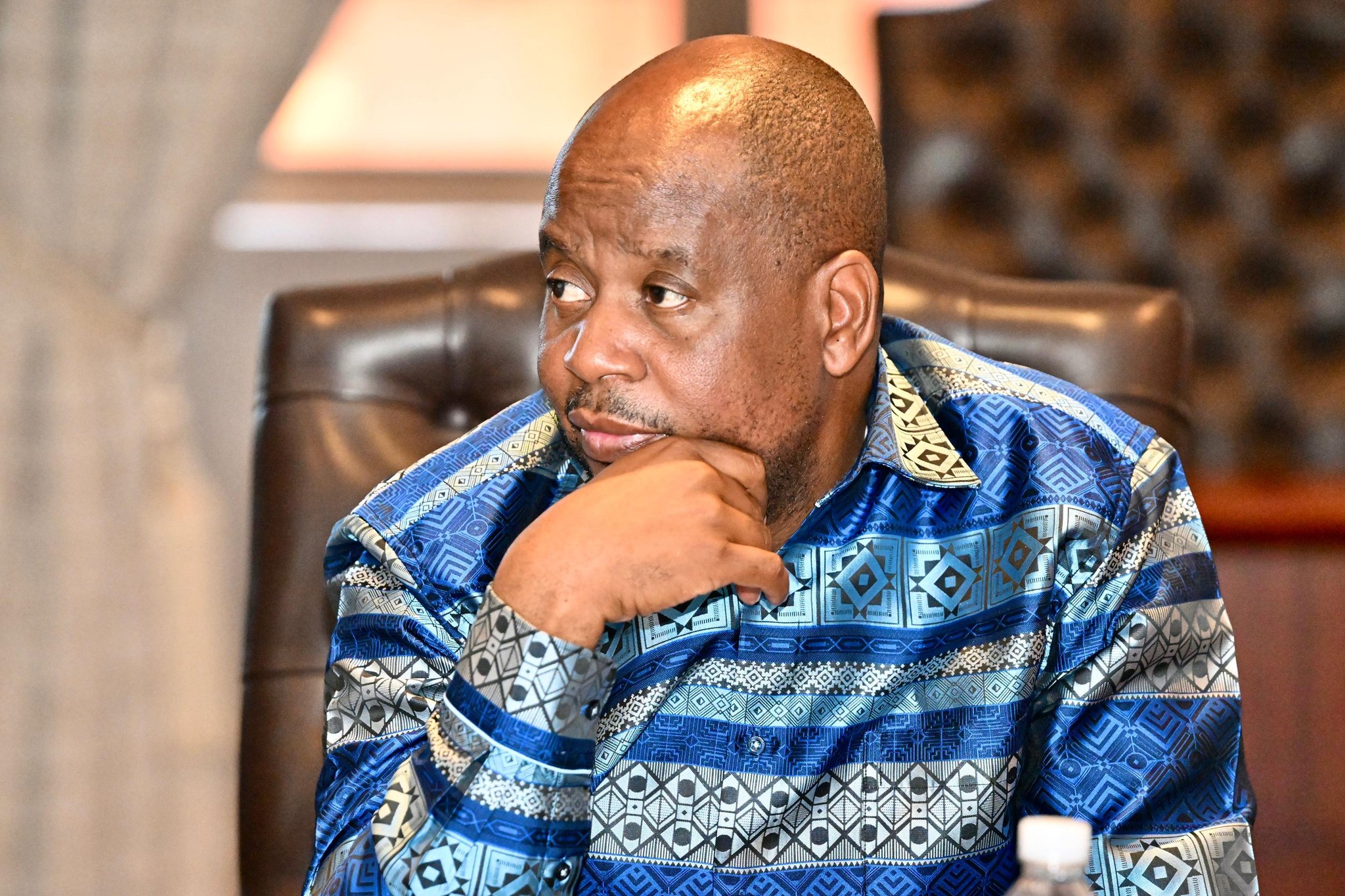-
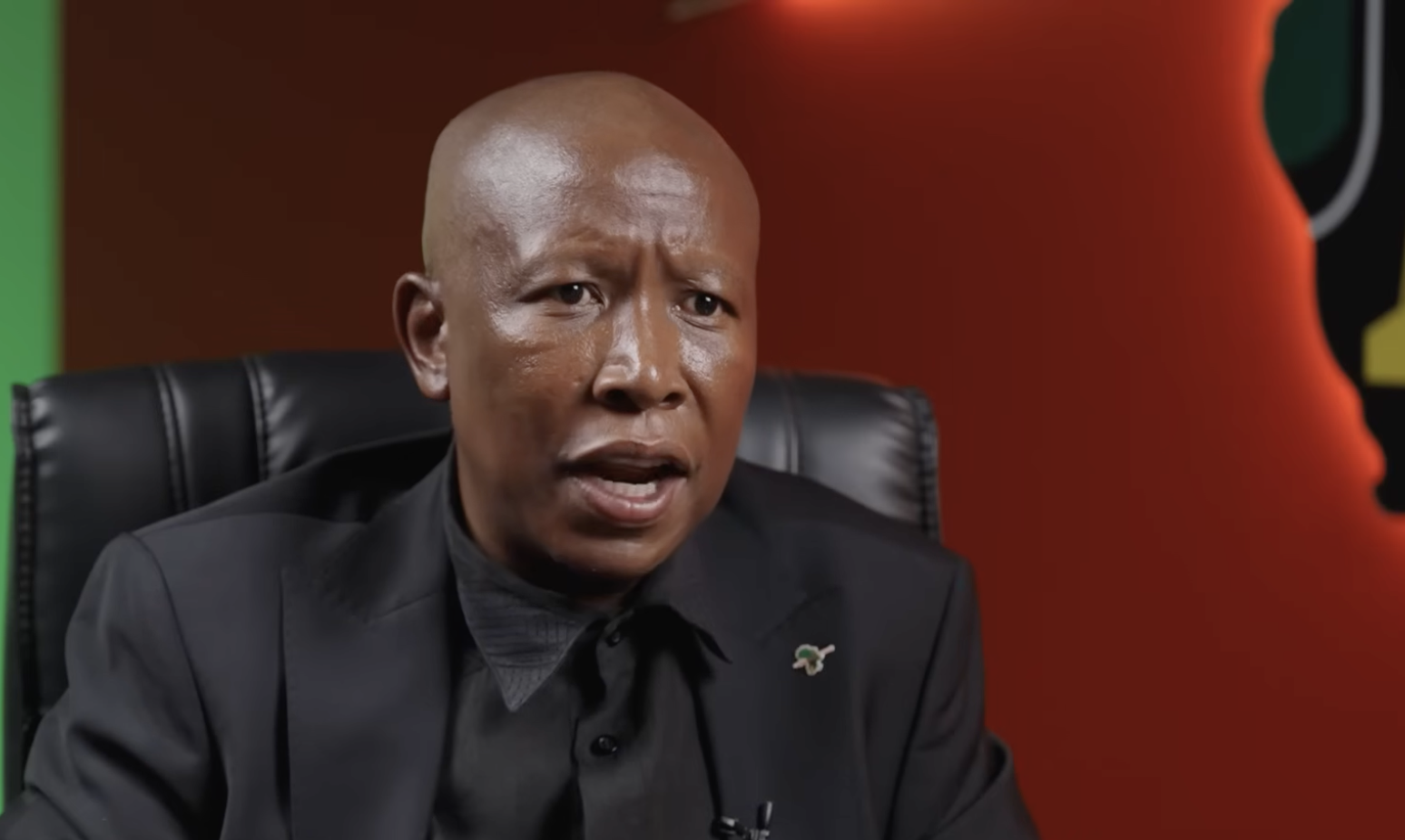 ‘SA must boycott the World Cup’ – Malema
‘SA must boycott the World Cup’ – Malema
-
 Transnet loses third court battle and ordered to pay R60m to Gijima
Transnet loses third court battle and ordered to pay R60m to Gijima
-
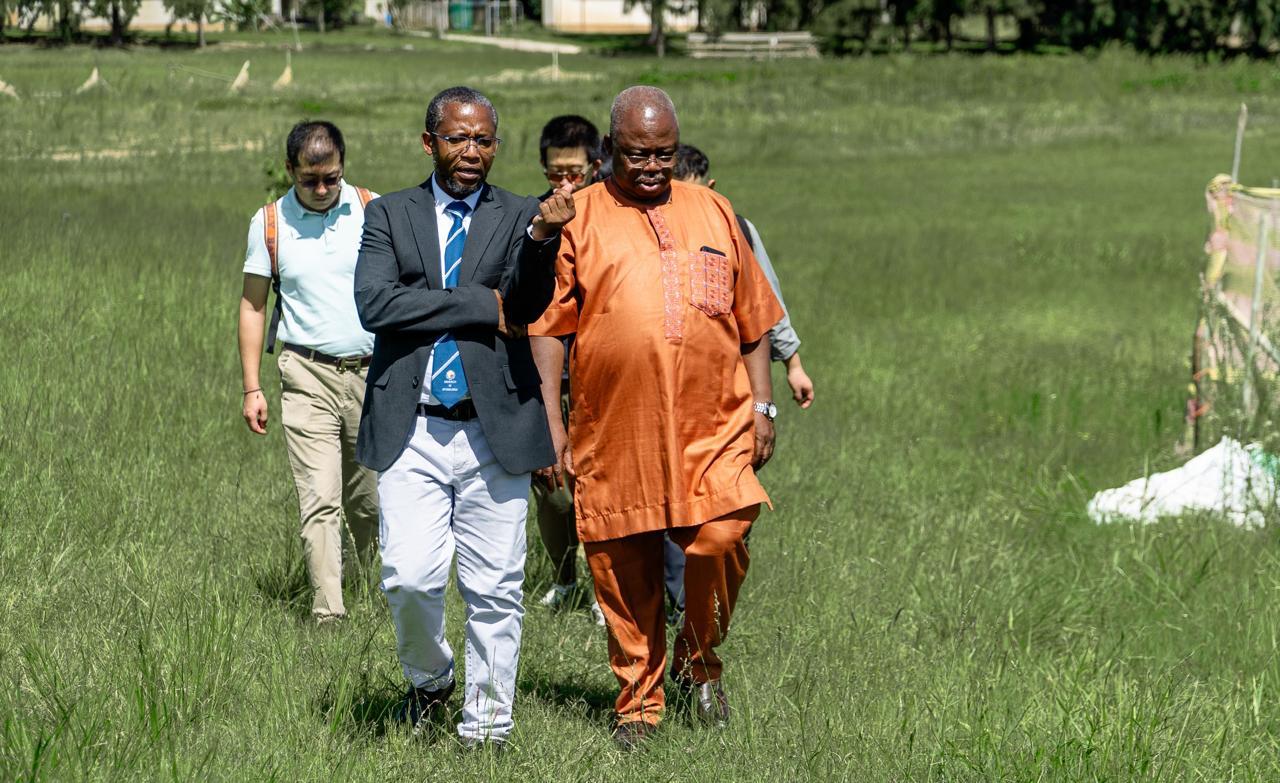 UMP’s ambition to position SA as a leading rice exporter
UMP’s ambition to position SA as a leading rice exporter
-
 Polokwane mayor’s gobbledygook on R41.2 million refund to developer
Polokwane mayor’s gobbledygook on R41.2 million refund to developer
-
 Transnet’s loses yet another application to push Gijima Holding’s from IT contract
Transnet’s loses yet another application to push Gijima Holding’s from IT contract
-
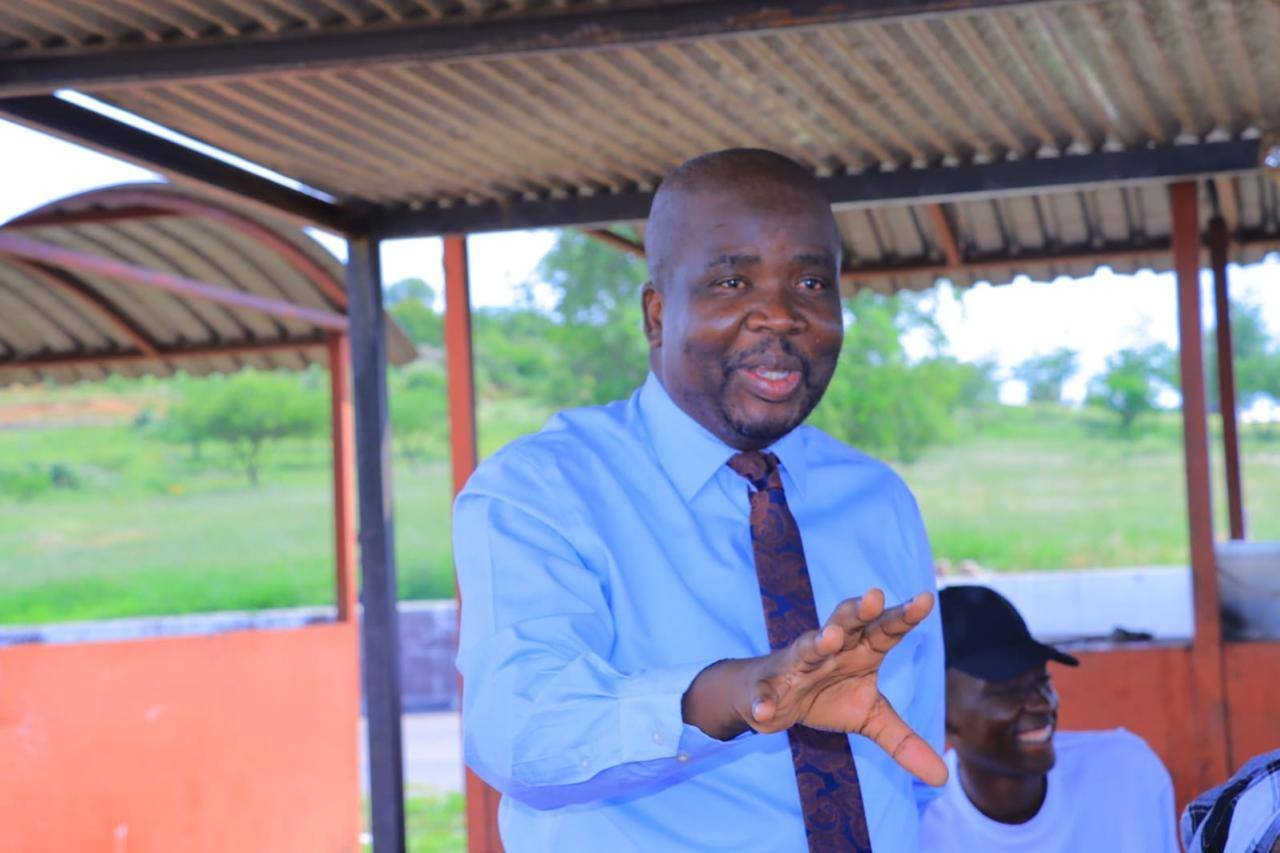 Fetakgomo Tubatse municipality dumps consultants and still keeps a good financial record
Fetakgomo Tubatse municipality dumps consultants and still keeps a good financial record
-
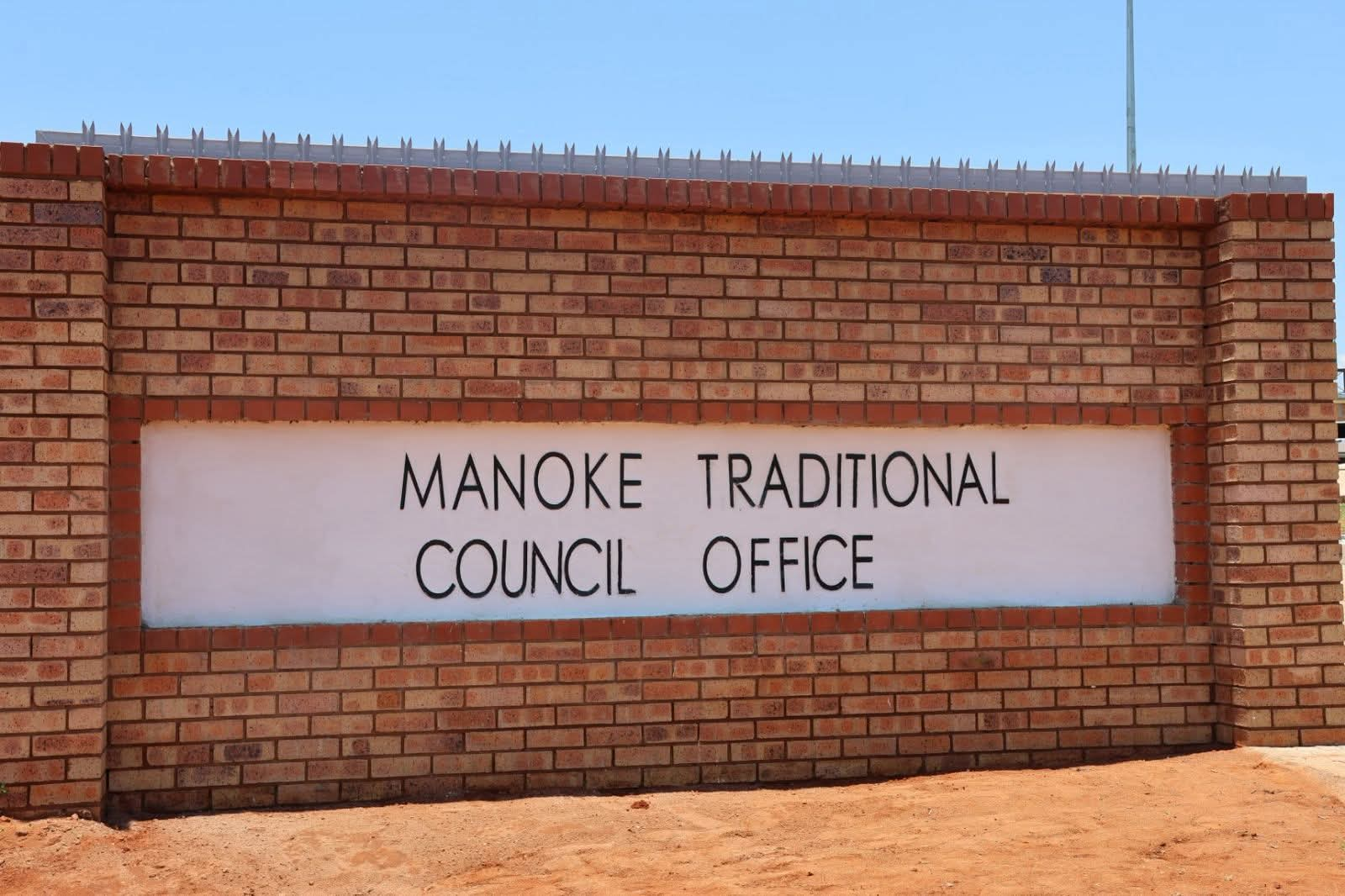 Limpopo government finishes sixth traditional office in 2025/26
Limpopo government finishes sixth traditional office in 2025/26
-
 Masoga approaches High Court to clear his name on allegations of corruption at MMSEZ
Masoga approaches High Court to clear his name on allegations of corruption at MMSEZ
-
 Municipal manager’s bid to attach CFO’s pension fails
Municipal manager’s bid to attach CFO’s pension fails
-
 Visit Limpopo Ka Dezemba – Premier Ramathuba
Visit Limpopo Ka Dezemba – Premier Ramathuba
No levies must be paid to chiefs’ – ConCourt
Sizwe sama Yende
Subjects of Limpopo traditional leaders have been relieved from paying compulsory levies – used for buying new cars for chiefs, allocating stands, running a business, burying a family member and other purposes.
These levies, which vary from R20 to R150, were enforced under Section 25 of the Limpopo Traditional Leadership and Institutions Act 6 of 2005. Levies were imposed in colonial times, but the democratic government has been allocating budgets for the functioning of traditional councils and tools of trade such as vehicles for traditional leaders.
The Constitutional Court has ruled in favour of individuals from traditional communities – Muhomi, Mavembe, Modjadji, Matlala, Moletjie, Magoboya and Machaka - and a land right organisation, Nkuzi Development Trust, on December 24. The applicants were represented by the Legal Resources Centre.
The court declared Section 25 of the Limpopo Traditional Leadership and Institutions Act invalid.
According to the ConCourt only legislative bodies, the provincial legislature and parliament, may impose taxes. Section 25 provides for traditional councils to “levy a traditional council rate upon every taxpayer of the traditional area concerned.”
That rate must be approved by the Premier and gazetted in the Provincial Gazette, and if the rate is not paid, a taxpayer can be “dealt with in accordance with the customary laws of the traditional community concerned.”
The Court said that the levies were enforced by denying non-paying community members access to services or resources until outstanding levies were paid.
“The evidence reveals that another common method of extracting payment is refusing to provide a proof of address letter, or other letters required by the State. These are important for members of traditional communities to access government services – such as social grants – and basic commercial services such as bank accounts. Refusal to pay levies has real consequences for community members,” reads the court judgement.
During the trial, which started in 2011, Martin Boima, the late son of applicant Ernest Boima from Modjadji village near Tzaneen, told the court how his family was refused a burial site for his father because he had outstanding levies, and how they were forced to borrow money to pay these taxes hastily to be able to bury him.
Martin who was still a high school student some point during the trial, was threatened with eviction from his father’s home if he did not pay a levy.
Alfred Mafikeng testified that he was visited by the police for not paying his levies, while Mamila Rose Baloyi was denied a proof of residential address letter to apply for an identity document, because she had outstanding levies.
“Because of the democratic centrality of the taxing power,” reads the judgement, “the Constitution carefully regulates who can impose taxes, and how they must exercise that power. It expressly confers and circumscribes taxation powers on provincial legislatures and municipal councils. Parliament has inherent legislative power and so there is no express conferral of taxing power.”
The court said that under the constitution, traditional leaders were not democratically elected legislative bodies, and therefore could not impose taxes in terms of legislation.
“Neither can they impose taxes under customary law. The Provincial Legislature cannot delegate its power to impose taxes to either traditional leaders or the Premier.”
Limpopo Democratic Alliance (DA) leader, Lindy Wilson, said: “We call upon the Limpopo Provincial Government to widely publicize this ruling to ensure that affected communities are made aware of their rights.”

